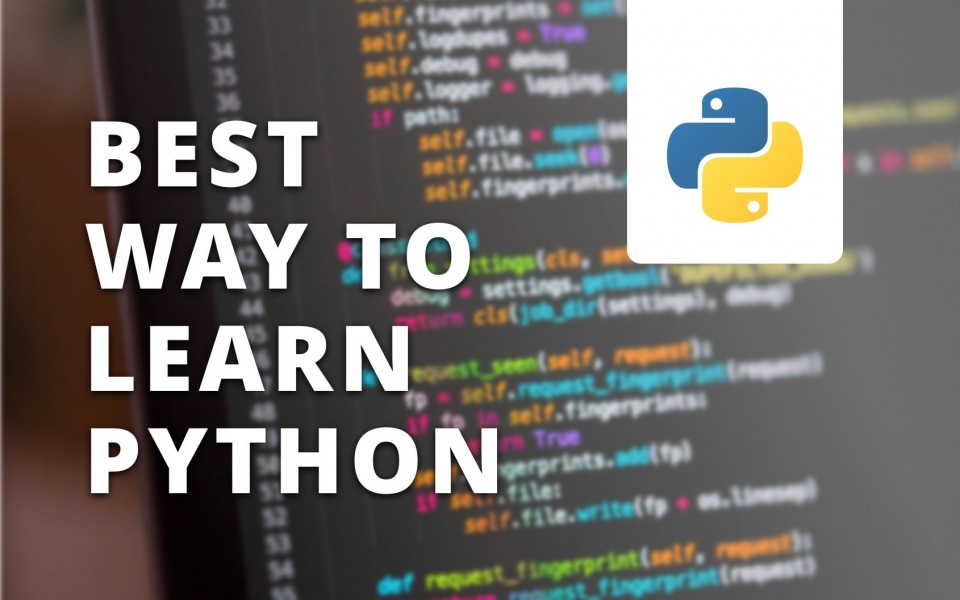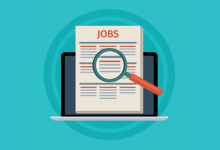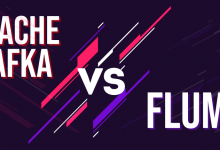
Python is one of the most popular programming languages among data scientists, developers, software engineers, and hackers due to its outstanding features. Python is a high-level, object-oriented programming language but it can perform complex tasks. The availability of comprehensive libraries, frameworks, vast collection of modules, and file extensions makes Python an all-rounder. Python is easy to learn and is recommended for both freshers and experienced. Since job opportunities are more and are likely to grow as the applications of data science continues to grow, it is a good career choice. The versatility of Python makes it an important tool in many applications. If you want to kickstart your career in data science, web development, game development, artificial intelligence, and machine learning, python is the top skill required.
Table of Contents
Why you should learn python?
The best feature of python is that it is extremely easy to learn. The English like syntax saves you a lot of time that might be invested in understanding the complicated syntax. It is an automatically typed language which means you need not assign a data type; python automatically assigns data types to the variables. There are libraries for almost every application that simplifies the work of a developer. Python has over 137,000 libraries intended for a variety of modern-day solutions. Libraries like NumPy, SciPy, matplotlib, scikit, pandas, TensorFlow, Keras, etc. are extensively used for data science. Libraries simplify the work as you need not write an entire script to perform particular tasks, you can just use the routine from the library. Python web frameworks like Django, Flask, CherryPy, etc. provide extensive libraries and modules which make the work easier. These libraries and modules speed up crucial tasks like error tracking, function call mapping, data Authorization, profiling, content management, and database access.
The compatibility of python with almost every platform also makes it a preferred choice among other programming languages. Python boasts of having large and supportive community support. These groups have experienced professionals and experts from the industry who work towards enhancing the features of Python. Many tech giants are using python hence there are lucrative career opportunities in Python. The top companies that use Python are as follows:
- Uber
- NASA
- YouTube
- Dropbox
- IBM
- Quora
- edX
- Amazon
There are many reasons why you must consider getting Python certification irrespective of the domain you are working on currently. The beauty of this language lies in the fact that one need not have a prior coding experience to learn Python. You can start learning Python anytime even if you don’t know how to code. Here, we discuss the ways to learn Python starting from an absolute beginner level and progressing up to an expert level.
-
Fundamental concepts:
If you are an absolute beginner and have never worked with any programming language, then you must start with fundamental concepts like variables, functions, data types, loops, and conditions. These concepts are not exclusive to Python but can be extended to other programming languages as well. Understand and learn Object-Oriented Programming concepts like polymorphism, encapsulation, and inheritance. Learn to create Python classes and objects.
-
Concurrent and parallel programming:
Python supports parallel programming for high performance and increased throughput. You must understand a few basic concepts like locks, deadlocks, mutual exclusion, and race conditions. Try to gain hands-on knowledge in threading, queuing, and multiprocessing. Understanding socket programming is an added benefit.
-
Data structures and algorithms in Python:
Understanding of data structures and algorithms will distinguish you from average coders. You can begin by learning about linked lists, trees, queues, stacks, graphs, hash tables, recursion tables, dynamic programming, searching and sorting algorithms, etc. This might be a long list but it is very easy to grasp once you start. Most of these data structures are analogous to real-time examples which helps you to understand their applications easily. Dynamic programming is another concept that can make your program run very fast.
-
Practice:
The more you practice, the more fluent you will get with the programming. Your theoretical concepts are futile unless you apply it to real-time applications. There are many online platforms where you can practice. Also, Python has huge community support with active members. If you get stuck with any doubt, you can post your queries in these groups and you can get a response in very less time. Also, there are plenty of resources available on the internet to guide you through your learning process.
-
Python libraries and frameworks:
Once you are fluent in the fundamentals of Python programming, you can move on to understanding Python libraries and frameworks. Python libraries are mostly for specific applications, and you can still learn to use some general-purpose libraries to enhance your code.
- You can start by building large and scalable web applications using Python Flask.
- Django is a web framework that allows you to create an entire web application.
- Suppose you have an understanding of the basics of machine learning like statistics and mathematics. In that case, you can start working with machine learning libraries of Python, which are extensively used like TensorFlow, pandas, Scikit-learn, etc.
How long it takes to gain a command over this language varies from person to person. The more time you invest in practice, the more confidence you gain, and you become more fluent in Python. However, from a general perspective, it does not take more than six months to learn and understand the fundamentals. The advanced topics may depend on the depth to which you want to explore. Python can be learned easily through self-study and practice. There are many resources available. But for some people, it becomes confusing and difficult to learn without proper guidance and mentorship. As there are vast concepts in Python, at times, one might feel deviated or overwhelmed by the complexity of advanced topics. In such cases, one can opt for training programs designed specifically for beginners, and many courses are designed with data science as the focus. You can get guidance from experienced professionals and get s real-time understanding of your concepts.
Follow my blog for more, TodayTechnology






